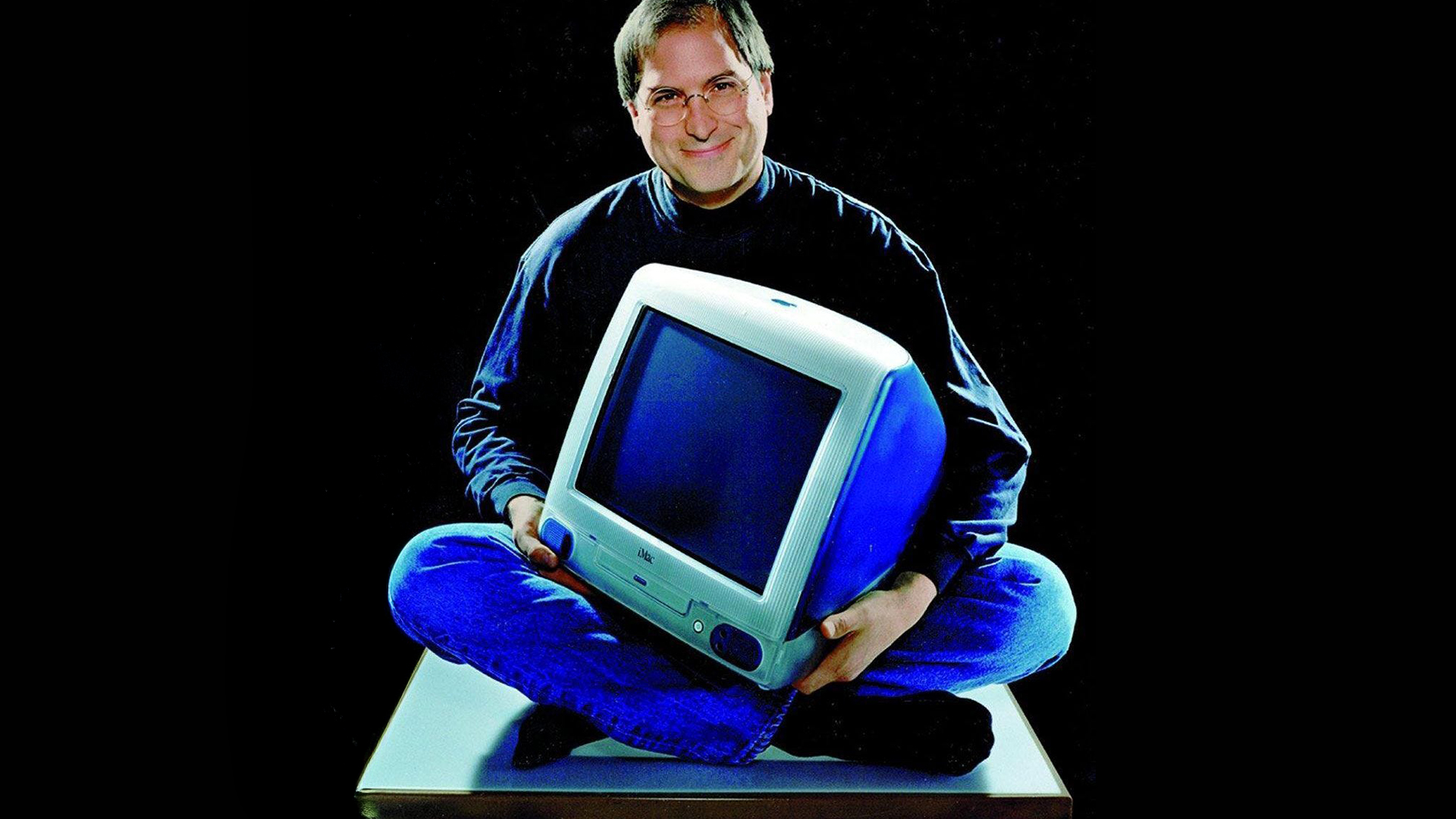Entrepreneurship is often viewed as the pursuit of ideas that modify industries. Beyond the focus on innovation, entrepreneurship is a practice of self-mastery. It requires confidence without arrogance, clarity without rigidity, and a constant ability to adjust. The characteristic of adopting, adjusting, and improving is seen in successful business leaders like Henry Ford, Steve Jobs, Bernard Arnault and Sergio Marchionne. Their success comes from mindset and focus as much as it does from innovation. This article translates their philosophy of leadership into board level considerations relating to business technology and finance.
Confidence and Resilience
Confidence is frequently presented as a key trait for entrepreneurs. That said, I’d like to note a difference between confidence and competence. Starting a business requires conviction, but confidence not balanced by humility can lead to serious errors. Financial planning must include buffers for potential setbacks. Learning from failed investments and reallocating capital based on new, refined insights is critical for financial resilience.
Before establishing the Ford Motor Company, Ford had multiple failures. Each instance of failure strengthened his commitment and improved his vision. He stated that “Failure is simply the opportunity to begin again, this time more intelligently”. His ability to learn, adapt, and rebuild created the basis for one of history’s most significant companies. Real confidence is defined as resilience or rather the ability to continue with clarity after any setback. In the fast-paced tech world, this translated into agile development methods, constant refinement of Minimum Viable Products (MVPs), and the willingness to pivot or rebuild technology stacks as market demands and capabilities change.
Adaptability
Adaptability separates enduring businesses from those that decline. In a globalised economy, success involves anticipating change, accepting uncertainty, and modifying direction before it becomes necessary. Upon returning to a struggling Apple in the late 1990s, Steve Jobs saw that the company’s extensive product line lacked focus. He simplified Apple’s offerings to just four main products. That choice, based on a high focus on design and purpose, supported Apple’s revitalisation and eventual success. Jobs understood that simplicity requires discipline, stating, “Simple can be harder than complex: you have to work hard to get your thinking clean to make it simple”. Simplicity allows innovation to proceed. From a technology standpoint this means limiting the number of platforms, APIs, or products to ensure quality, security, and market impact. Complexity is expensive and requires more resources to maintain and secure.

Optimisation
The principle of clarity also appears in the work of Sergio Marchionne, the former CEO of Fiat Chrysler Automobiles. His leadership involved pragmatic entrepreneurship based on strategic consolidation. He understood that in competitive markets, survival requires scale, efficiency, and decisive action. Marchionne believed the automotive industry was burdened by fragmentation. He insisted that having too many models and brands created waste and inefficiency. His method was: fewer products, improved platforms, and stronger integration. This approach revitalised Fiat, saved Chrysler, and created a competitive group. Marchionne philosophy centred on optimisation: achieving excellence by focusing efforts. Technology leaders must avoid feature bloat through the consolidation of technology platforms and operational systems (like ERPs or CRMs) to reduce duplication, waste, and inefficiency. Financially, this means seeking mergers, acquisitions, or deep strategic partnerships to achieve necessary scale and reduce operational costs associated with duplication. It is about optimisation – or doing less – but doing it well. Heavily competitive markets require moving away from the term ‘competition’ to a longer-term vision of ‘combination’.
Composure
Successful leaders communicate confidence through their presence and inspire trust through authenticity. Bernard Arnault, the leader of LVMH, built a large luxury conglomerate by combining seemingly different brands (Dior, Louis Vuitton, etc.) under a single, long-term vision. His success comes from integrating creative freedom with business discipline. His leadership shows patience and control, demonstrating that influence comes from composure and clarity. Financial decisions should be guided by a vision for enduring legacy and long-term value creation for the shareholders. This contrasts with short-term, flashy financial bets and yearly results that glitz ‘quick buck’ investors. Arnault’s approach of integrating creative freedom with business discipline ensures that financial investments support the core value of the brands.

Aptitude
Leaders also recognise that entrepreneurial ability develops outside of standard education. Business education sharpens technical skills, but it does not instil instinct or resilience. Entrepreneurs thrive by experimenting, failing, and refining their work in the real world. Entrepreneurial aptitude is measured by the ability to act with conviction amid uncertainty and execute ideas with precision.
Ultimately, entrepreneurship is a test of both intellect and character. It requires the confidence to imagine, the courage to act, and the humility to learn. The article presents a composite of leadership traits: Ford’s resilience, Jobs’s simplicity, Arnault’s composure, and Marchionne’s discipline. The goal is to build not just companies, but enduring legacies.

Credence offers focused mentorship and C-level support. We partner with you to achieve the critical balance of confidence without arrogance, clarity without rigidity, and a constant ability to adapt. Our objective is simple: provide the competence to ensure confident decision-making and enable adjustment without demanding heavy internal structural modification. Email us to learn how our support can amplify your energy and purpose.
ABOUT THE AUTHOR
Damian Xuereb is a Director at Credence Consulting Limited.
You can get in touch with Damian via email, or through his LinkedIn page.

